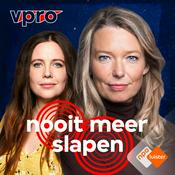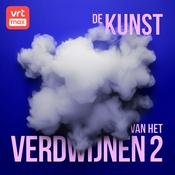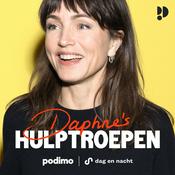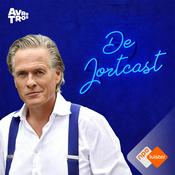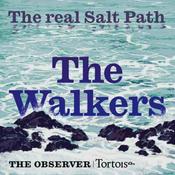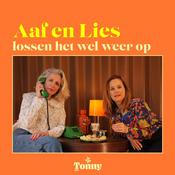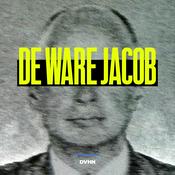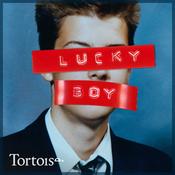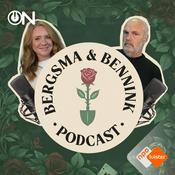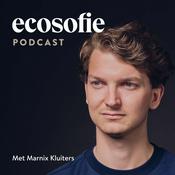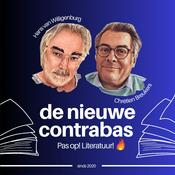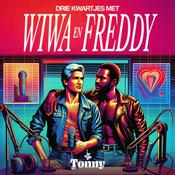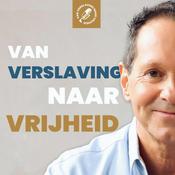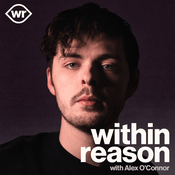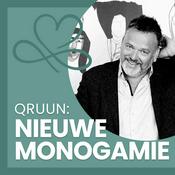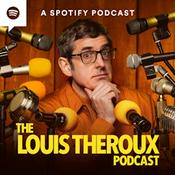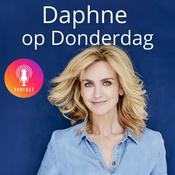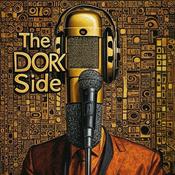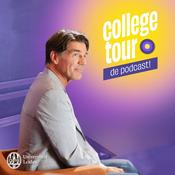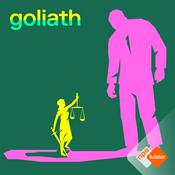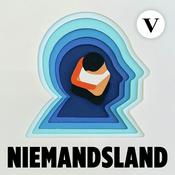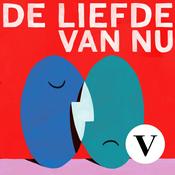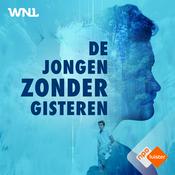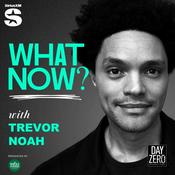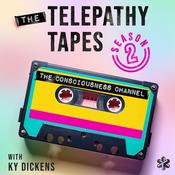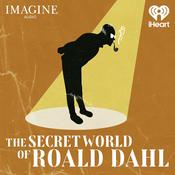108 afleveringen
- Sideways returns with eight new stories of seeing the world differently and the ideas that shape our lives. Stories about everything from miracle healing and science, to the evolution of women's screams, explored through heavy metal music, to why male broodiness shouldn't be overlooked. Listen to the latest series of Sideways first on BBC Sounds.
Presenter: Matthew Syed
Producers: Julien Manuguerra-Patten and Vishva Samani
Series Editor: Katherine Godfrey
Sound Design and Mix: Mark Pittam
Theme music by: Ioana Selaru
Produced by: Novel for BBC Radio 4 - In 2014, Lydia Laurenson moved to San Francisco. As she struggled to find her place and her people in a new city, one mysterious invitation changed everything. After a compelling - if slightly bizarre - induction, she was welcomed into a secretive and exclusive group called The Latitude. Their aim? To experience life more creatively.
There’s something undeniably powerful about being chosen. For centuries, secret societies have perfected a mix of mystery, camaraderie, and selectiveness. And that taps into something deeply human - the need to belong. From secret childhood clubs to private online groups, we’ve always created small, hidden worlds that feel like they’re just for us.
Today, we ask what it is about being on the inside of something hidden that makes us feel seen.
With writer Lydia Laurenson, Professor of History Rick Spence, and British author Tiffany Jenkins.
Presenter: Matthew Syed
Producer: Julien Manuguerra-Patten
Editor: Hannah Marshall
Sound Design and Mix: Mark Pittam
Theme music by Ioana Selaru
A Novel production for BBC Radio 4. - Anna Go-Go has always defied expectations - she was a drummer (still rare for a woman), then a comedian and now a mass Go-Go dance instructor - always with her beloved cats by her side. But when she turned 40, she noticed people’s attitudes changed towards her. They saw her as an older woman living alone with cats and really began to treat her like a ‘crazy cat lady’.
The idea of a woman living alone with cats has caused cultural panic for centuries. In 2021 when US vice-president JD Vance was a Senate candidate, he described how his country was run by a bunch of ‘childless cat ladies’ - miserable at their lives and the choices they made. The comments went viral and were heavily criticised but they also drew attention to the modern-day use of the cat lady trope.
In this episode, with the help of history and science, Matthew Syed explores how and why this centuries-old shaming tactic has travelled through time and still echoes today.
With performer, mass dance master and author of Cat Lady Manifesto, Anna Go-Go; Dr Corey Wrenn, Lecturer of Sociology at the University of Kent; historian and author of the book Catland, Kathryn Hughes; and evolutionary biologist at Washington University in St Louis and author of The Age of Cats, Professor Jonathan Losos.
Presenter: Matthew Syed
Producer: Vishva Samani
Editor: Hannah Marshall
Sound Design and Mix: Mark Pittan
Theme music by Ioana Selaru
A Novel production for BBC Radio 4 - Movie stuntman Brian Hite often experiences a dramatic slowing down of time while performing complex stunts in a matter of seconds, like car hits - entering the fabled place often described by top sportspeople as “the zone”. It’s something Matthew’s experienced himself during his professional table-tennis career. Brief, heightened moments in which the ball feels larger, the racquet becomes an extension of the body, and everything slows down.
These intense slow-motion experiences are generally explained as a trick of memory. But could they be something more - could it be that time is less rigid than we think? After all, modern theories of physics already challenge our everyday experience of time. Civil engineer Philip Wade experienced time in slow-motion twice while on holiday skiing too. It was so powerful, it set him on a path of meditation, and entirely changed his perspective on time.
Delving into new scientific theories and transpersonal psychology, Matthew Syed examines these experiences more deeply and asks whether such encounters suggest the way we think of time itself is an illusion.
With professional stuntman and sports performance psychologist Dr Brian Hite; Transpersonal Psychologist at Leeds Beckett University and author of the book Time Expansion Experiences, Dr Steve Taylor; Emeritus Professor of Mathematics and Astronomy at Queen Mary University of London, Bernard Carr; and spiritual guide Philip Wade, creator of The Living Soul App.
Presenter: Matthew Syed
Producer: Vishva Samani
Editor: Hannah Marshall
Sound Design and Mix: Mark Pittam
Theme music by Ioana Selaru
A Novel production for BBC Radio 4 - Few people you’ll come across on the street look like Ryan Emans. His body is heavily modified, from head to toe - including a tongue split that gives it a forked, snake-like shape. These changes weren’t accidental or something he was born with, Ryan chose each modification deliberately as a way to make his outer self reflect who he truly is inside.
Many of us see the body as our only true property. While not everyone chooses to modify their body as radically as Ryan, we find meaning in believing it is ours and ours alone. But our relationship with our bodies raises a deeper question - one that blurs the boundaries of what we consider the self. Is my body me, or is my body mine?
In this episode, Matthew Syed dives into the notion of body ownership and explores what it really means to live in and with our bodies.
With mental health nurse Ryan Emans, political theorist Professor Anne Phillips, and neuroscientist Professor Heather Iriye.
Presenter: Matthew Syed
Producer: Julien Manuguerra-Patten
Editor: Hannah Marshall
Sound Design and Mix: Daniel Kempson
Theme music by: Ioana Selaru
A Novel production for BBC Radio 4
Meer Maatschappij & cultuur podcasts
Trending Maatschappij & cultuur -podcasts
Over Sideways
Best-selling author Matthew Syed explores the ideas that shape our lives with stories of seeing the world differently.
Podcast websiteLuister naar Sideways, Verhaal Onbekend en vele andere podcasts van over de hele wereld met de radio.net-app

Ontvang de gratis radio.net app
- Zenders en podcasts om te bookmarken
- Streamen via Wi-Fi of Bluetooth
- Ondersteunt Carplay & Android Auto
- Veel andere app-functies
Ontvang de gratis radio.net app
- Zenders en podcasts om te bookmarken
- Streamen via Wi-Fi of Bluetooth
- Ondersteunt Carplay & Android Auto
- Veel andere app-functies


Sideways
Scan de code,
download de app,
luisteren.
download de app,
luisteren.


